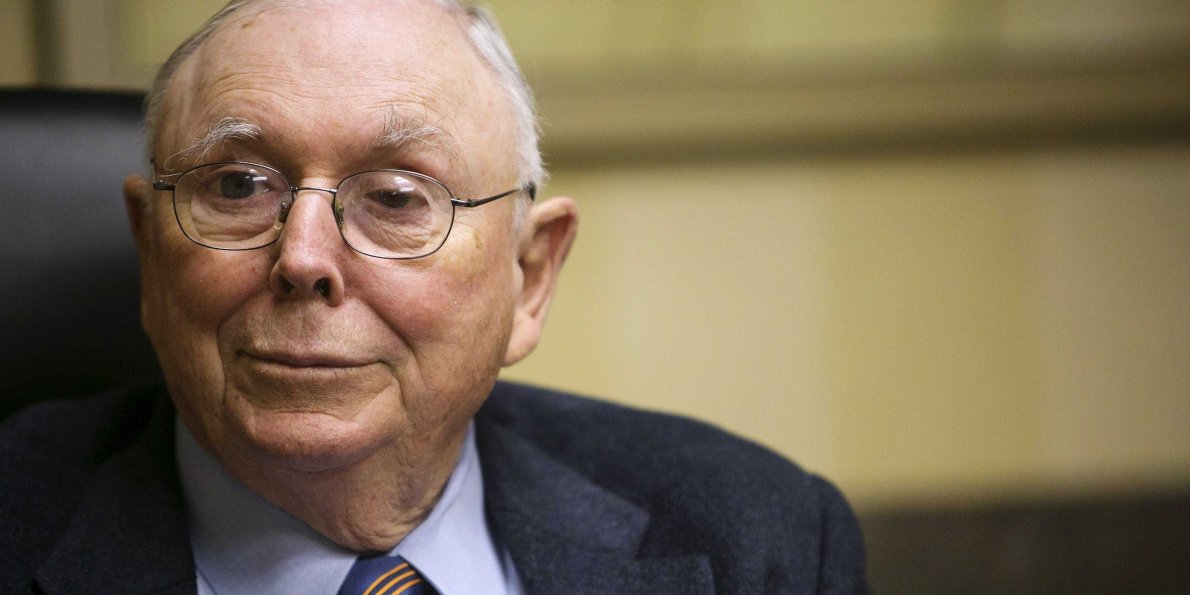Reblog: Reflections On Prosperity: The Road Ahead
So, you’ve missed the great bull market. But that isn’t as irritating as that of seeing the neighbour – whose IQ is close to room temperature – drive up in his third new Jaguar in as many years. You consider yourself a ‘value’ investor at a time when such concept seems to be totally discredited. Year after year, you expected – convincingly – that the great bull would crumble. But it hasn’t. You purchased gold and lost. You sold Amazon.Com short. You lost. You’ve missed out on Microsoft, Dell, Qualcomm, Intel, Cisco, Yahoo and the assorted Internet wannabes. You expected an end to the mania but it has not come. O.K., you’ve simply earned the right to be frustrated. But now what?
If, on the other hand, you are the bold and lucky fellow who loaded up on Cisco five years ago, your knees must be a little shaky as you stand at the Temple of Unrealized Gains. ‘This bull will go on’ you reason, but then you doubt yourself. You don’t know. You aren’t sure. You hear little voices, conflicting opinions; you see the volatility, the excess, the mania, and the mother of all bubbles staring you in the face – not to speak of a hefty capital gains tax lurking out there. So, what will it be?
What are we, investors, to do?
Let’s talk about it. But first, let us examine the great investment paradox. The making of a fortune, whether small or large, in one’s chosen profession is certainly a significant achievement. To put it aside for a rainy day, the next generation, or as a source of future income and financial security is also prudent and wise. But to preserve and manage this wealth is an endeavor far more difficult than that of making it in the first place. And this is the paradox.









